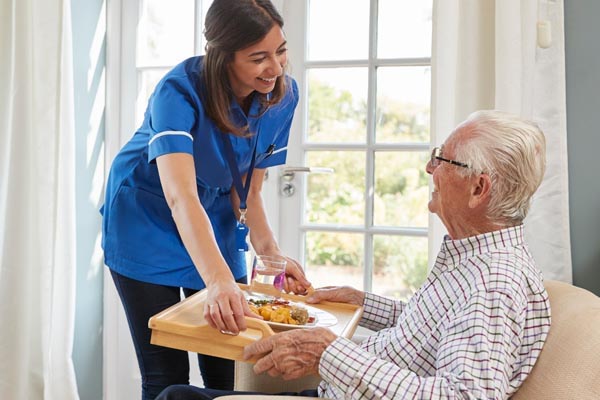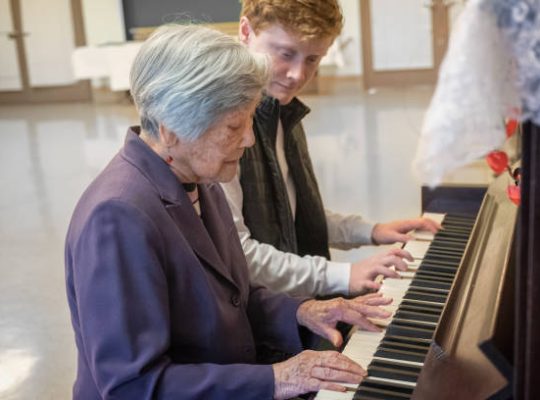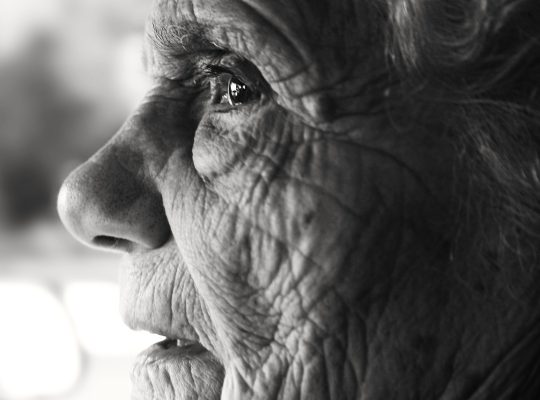Empowering Seniors: A Guide to Elderly Care
Hey there, folks! Today, we’re delving into the world of elderly care, a topic that holds immense importance in our lives. As our loved ones age, providing them with the care and support they need becomes a top priority for many families. In this guide, we’ll explore the different aspects of elderly care, from understanding the options available to ensuring your senior family members receive the best possible care. So, grab a comfortable seat, a warm cup of tea, and let’s embark on this journey together.
The Significance of Elderly Care
Before we dive into the details, let’s take a moment to reflect on why elderly care is so crucial:
- Respect and Dignity: Our seniors have a lifetime of experiences and wisdom to share. Elderly care allows them to age with respect and dignity, preserving their independence whenever possible.
- Health and Well-Being: As our loved ones age, they may face unique health challenges. Elderly care ensures that they receive the necessary medical attention and support to maintain their well-being.
- Emotional Well-Being: Loneliness and isolation can take a toll on seniors. Elderly care centers often provide companionship, social activities, and emotional support.
- Relief for Caregivers: Family caregivers may face physical and emotional strain while caring for elderly relatives. Professional elderly care offers respite and assistance to these dedicated caregivers.
Exploring Types of Elderly Care
Elderly care comes in various forms to cater to the diverse needs of seniors. Here are some common options:
- In-Home Care: This option allows seniors to remain in the comfort of their own homes while receiving assistance with daily activities, medication management, and companionship.
- Assisted Living Communities: Assisted living facilities offer a supportive environment for seniors who require some assistance with daily tasks but still value their independence.
- Nursing Homes: Nursing homes provide round-the-clock medical care and support for seniors with complex medical conditions or those in need of rehabilitation.
- Memory Care: Designed for seniors with Alzheimer’s or other forms of dementia, memory care facilities offer specialized support and a secure environment.
- Respite Care: Respite care provides temporary relief for family caregivers, allowing them to take a break while professionals care for their loved ones.
Selecting the Right Elderly Care

Choosing the right elderly care option for your loved one is a significant decision. Here are some essential factors to consider:
- Needs Assessment: Evaluate your loved one’s physical, emotional, and medical needs to determine the level of care required.
- Location: Consider the location of the facility and whether it is convenient for family visits.
- Quality of Care: Research the facility’s reputation, reviews, and certifications to ensure they provide high-quality care.
- Cost: Understand the financial aspects, including fees, insurance coverage, and payment options.
- Personal Preferences: Involve your loved one in the decision-making process, taking their preferences and comfort into account.
Elderly Care as a Community Effort
Elderly care is not solely about individuals receiving care; it’s a collective effort within our community. Here’s how we can contribute:
- Family Support: Family members play a crucial role in the well-being of seniors. Providing emotional support and visiting regularly can make a significant difference in their quality of life.
- Volunteer Opportunities: Many elderly care facilities welcome volunteers who can engage in activities, provide companionship, or offer specialized skills.
- Advocacy: Advocating for policies and resources that support senior care can make a positive impact on the broader community.
- Education: Learning about the challenges faced by seniors and their caregivers can help create a more compassionate and understanding community.
Enhancing Seniors’ Quality of Life
Elderly care goes beyond meeting basic needs; it’s about enhancing the quality of life for our senior family members. Here are some ways in which elderly care achieves this:
- Social Engagement: Elderly care facilities often organize social activities and outings, promoting interaction and engagement among seniors.
- Nutrition: Proper nutrition is essential for seniors’ health. Elderly care services ensure that seniors receive balanced and nutritious meals.
- Medical Care: Professional medical care is readily available in elderly care settings, ensuring that seniors’ health conditions are monitored and managed effectively.
- Safety: Elderly care facilities are designed with safety in mind, reducing the risk of accidents and falls.
- Companionship: Companionship from caregivers and fellow residents can combat feelings of loneliness and isolation.
A Shared Responsibility
Elderly care is a shared responsibility that extends beyond families and into our communities. It’s about recognizing the value and contributions of our senior citizens and providing them with the care, respect, and dignity they deserve.
So, whether you’re a family member searching for the right elderly care option or a community member looking to make a difference, remember that together, we can create a more compassionate and supportive environment for our seniors. It’s a journey that enriches both their lives and ours.







